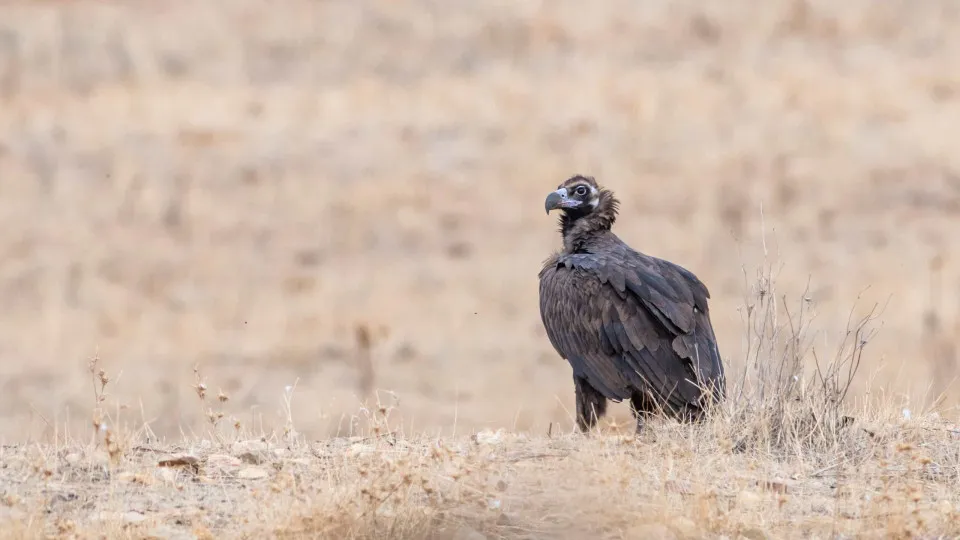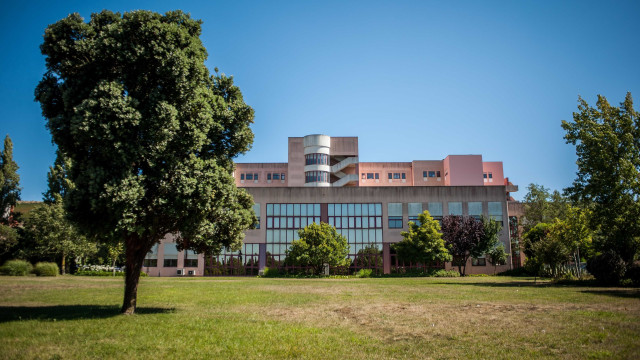
“These six black vultures (Aegypius monachus), now returned to the wild, entered the acclimatization center in Douro International in March, located in the municipality of Freixo de Espada à Cinta, where they were to remain until the end of October. Due to the damage caused by the August fire, they were moved to the Environmental Interpretation Center (CIARA) in Baixo Sabor to continue their adaptation to their natural habitat,” explained biologist Iván Gutierez.
According to this avifauna specialist, the six black vultures at the Douro International Natural Park (PNDI) acclimatization station had been rescued and rehabilitated in various recovery centers across the country after being found weakened and malnourished in their natural environments in different zones of the districts of Évora, Lisbon, Porto, Santarém, Beja, and Faro.
The Douro International fire broke out on August 15 in Poiares, in the municipality of Freixo de Espada à Cinta, Bragança district, and quickly spread to the neighboring municipalities of Torre de Moncorvo and Mogadouro, leaving a trail of destruction in pastures and crops such as olive groves, almond groves, vineyards, orange groves, forests, beehives, agricultural and environmental equipment.
According to Palombar technicians, a partner of the LIFE Aegypius Return program, four male and two female black vultures returned to full freedom in a territory affected by the fire, which also caused the death of at least two chicks of this species, destroyed six nests, and conservation infrastructures, including the acclimatization station itself.
“This serious environmental incident necessitated the temporary removal of these black vultures from the structure and the development of an emergency plan to resume conservation efforts for this endangered species,” stated the biologist.
On August 21, Palombar President José Pereira stated to Lusa that the fire in the Douro International area had a significant environmental impact on the black vulture colony being consolidated in this protected area.
At the time, the damages amounted to around 30,000 euros, and a fundraising campaign was launched to minimize this negative impact on the threatened avifauna of the Douro International protected area.
The black vulture is one of the rarest birds of prey in Europe, and the small colony at the PNDI had only eight breeding pairs before the fire, two of which had their nests completely destroyed and another two severely affected by the flames.
The Iberian project LIFE Aegypius Return aims, in the long term, to ensure the favorable conservation status of the black vulture in Portugal by consolidating, expanding, and accelerating natural recolonization, improving habitat and food availability, and mitigating threats.
Provisional national report data from the Forest Fire Information Management System (SIGF) obtained by Lusa at the time indicated that up to August 24, 11,697 hectares had burned in the fire that destroyed a large area of flora in the PNDI.




